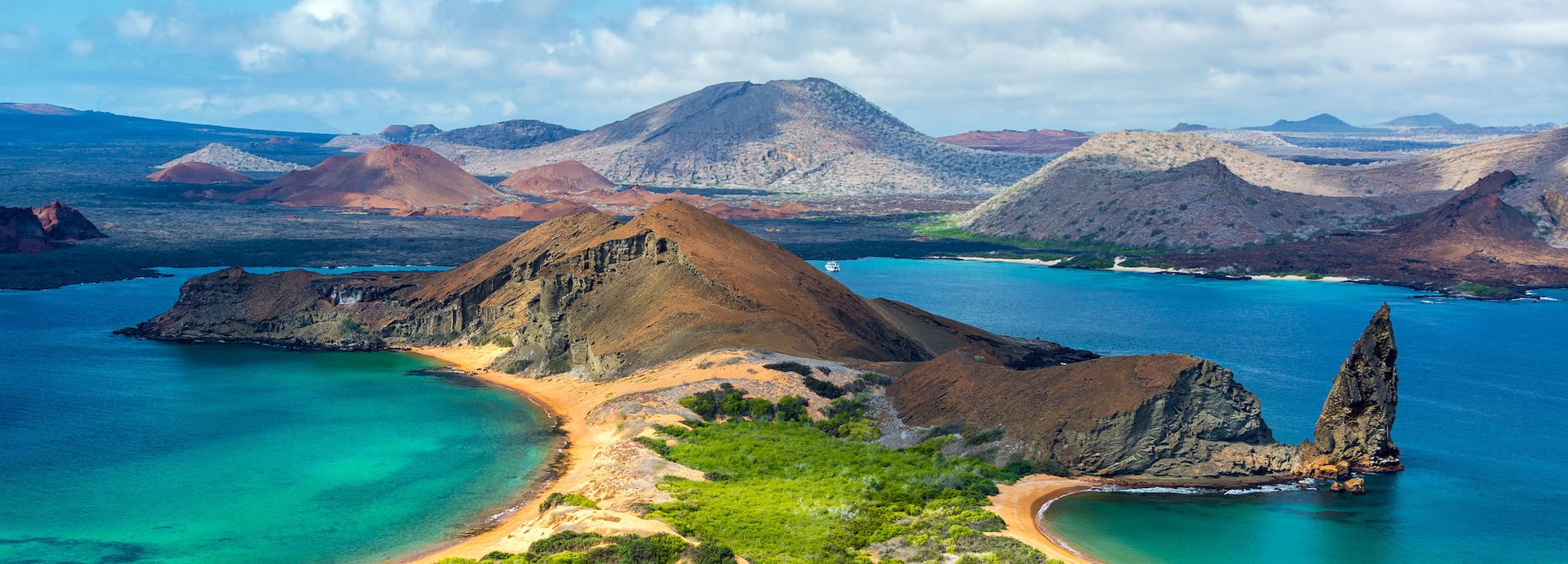

Developing nations have taken the lead on enshrining environmental protection while some western countries lag behind.
Sixty years after the Universal Declaration of Human Rights was established, Ecuador granted a place in its constitution to the rights of a very special person: Mother Nature. In 2008, la Pachamama, as she is called in the local Quechua language, received extensive protection thanks to a chapter in the constitution that states “nature in all its life forms has the right to exist, persist, maintain and regenerate its vital cycles.”
The idea of giving legal rights to nature in Ecuador was introduced under former President Rafael Correa, a socialist who was elected in 2006 on an anti-neoliberal platform. Until Correa’s election, Ecuador’s rich natural resources had been threatened by the impact of oil extraction from rainforests. The country’s heavy reliance on the export of crude petroleum, which makes up 32% of its GDP, caused massive deforestation and water contamination. While some parts of the country, like the world-famous Galapagos Islands far off its coast, had been under environmental protection for a long time, others were at risk of falling victim to additional oil and mining exploration.
Correa gathered substantial support for a new constitution after he was elected, especially from indigenous communities, who have been most affected by environmental deterioration. In 2007, 80% of Ecuadorians voted in favour of a Constitutional Assembly, which one year later approved a new constitution that included the rights of Mother Nature.
Environmental protection is not just about nature, but also about people. Since 2008, Ecuadorians have had a right to good living (buen vivir in Spanish or Sumak Kawsay in Quechua). The concept means that people and nature should live in harmony. It offered an alternative model of economic development that quickly gained traction in Latin America, even though there is still a large implementation gap between theoretical rights and action on the group.
Developing nations lead the way
Other countries such as Bolivia were quick to follow the constitutionalisation of the rights of nature and the concept spread around the globe. Now, 10 countries recognise the rights of nature and around 150 the right to a healthy environment. The most developed nations are yet to join this trend, however.
“The laggard minority includes the US, China, Japan, Canada, the UK, Australia, and New Zealand who have not recognised the right to a healthy environment,” says David R. Boyd, UN Special Rapporteur on Human Rights and Environment.
There are several reasons developing nations are leading the way on the human right to a healthy environment, says Chris Jeffords, Associate Teaching Professor of Economics at Villanova University.
“Developing countries have a much better perspective on how the industrial revolution impacted developed nations and saw what went wrong, that they now suffer from a lot of pollution,” Jeffords says.
He also points out that constitutions in many developing countries are often subject to change, while western countries have older constitutions that are more difficult to amend. “If newer countries now codify social and economic rights, it’s also easier for them to include environmental rights as well,” he says.
Boyd adds that indigenous peoples are often key drivers in advancing the rights of nature, noting examples in Ecuador, Bolivia, Colombia, and Canada.
An alternative model of development
Constitutional environmental rights are not necessarily needed to protect nature, but they do create a tool that can be used in court.
“I think they send a strong signal, even though they don’t necessarily have teeth,” says Jeffords.
In Ecuador, Pachamama’s rights have already been upheld in 50 laws and policies and cited in a growing number of lawsuits. However, some examples show that upholding the rights of Mother Nature is not always easy. In the Yasuní National Park, the local post-oil development initiative decided that the benefits of the rainforest were greater than those of oil extraction. Ecuador was supposed to receive USD 3.5 billion from the international community to make up for the lost revenue, but the funds never materialised as developed nations only pledged a fraction of that amount and drilling continued.
It remains to be seen if the rights of nature will continue to be preserved and promoted, as changing governments can mean shifting policies. The constitution grants that indigenous communities in Ecuador must be consulted on projects that could potentially damage the environment, but the consultation is not legally binding. In this case, the rights of nature could end up having only cosmetic value.
Additionally, there are fears that too much environmental protection could scare away direct foreign investment. Boyd thinks that fear is overblown.
“There is no evidence that recognising the human right to a safe, clean, healthy and sustainable environment has adverse effects on the economy,” he says. “On the contrary, it contributes to sustainable economic development, which is impossible without a healthy environment.
“Perhaps the most important conclusion reached by researchers is that recognition of the right to a healthy environment contributes to improved environmental outcomes, including cleaner air, enhanced access to safe drinking water, and reduced greenhouse gas emissions,” he concludes.
Did you like this? Subscribe to Insights updates!
Once every six weeks, you will get the top picks – the latest and the greatest pieces – from this Insights channel by email.
